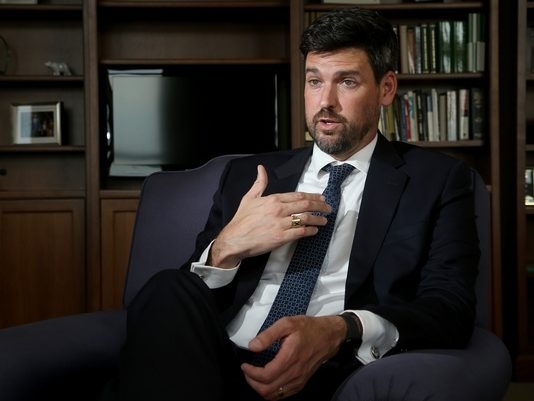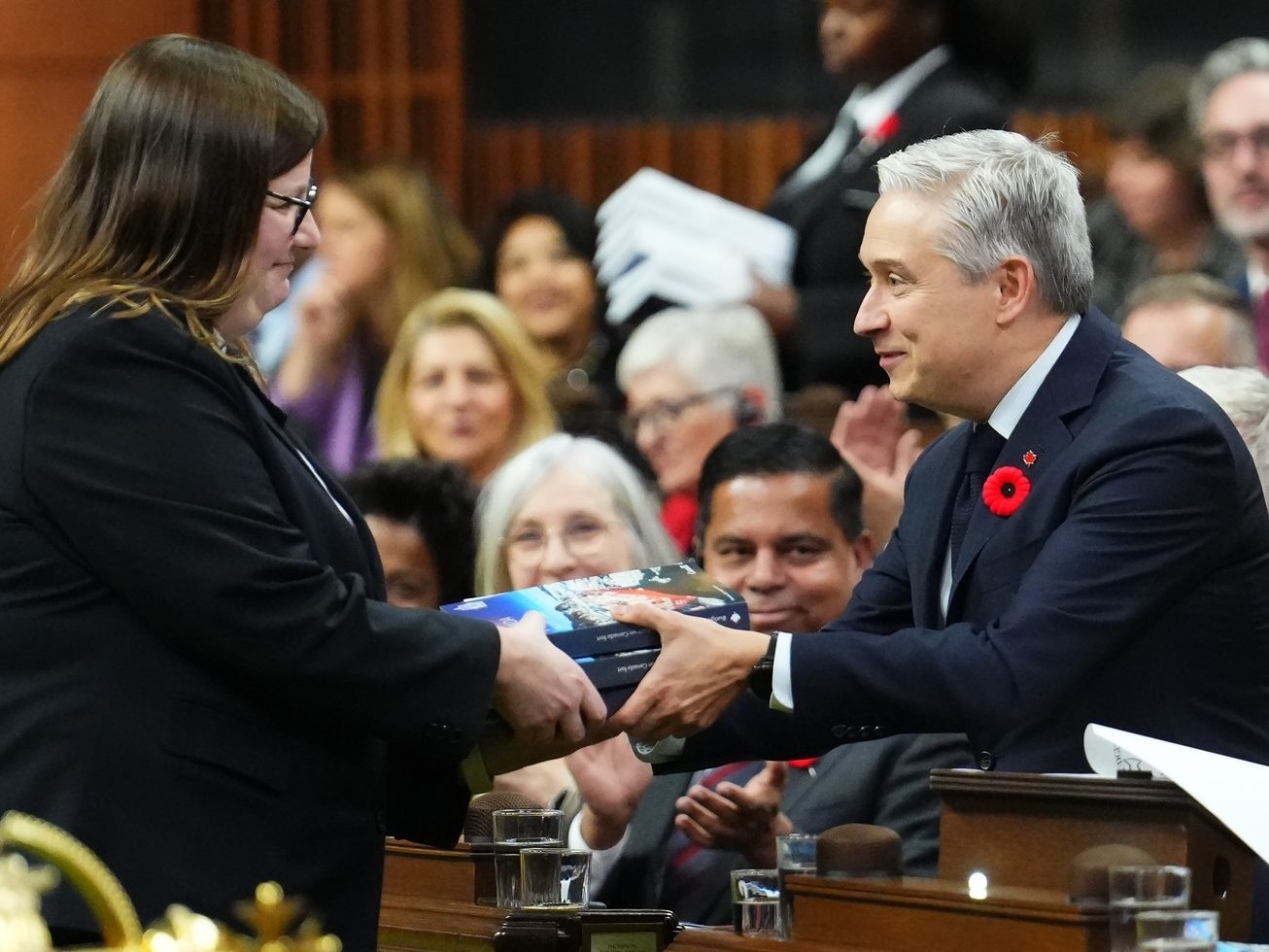A fierce debate has erupted in Ottawa following a Supreme Court ruling concerning mandatory minimum sentences for child pornography offenses. The court determined that a one-year jail sentence, regardless of circumstance, violated the Charter of Rights and Freedoms by stripping judges of their ability to consider individual cases.
Justice Minister Sean Fraser has firmly rejected suggestions to invoke the Constitution’s notwithstanding clause – a controversial tool allowing Parliament to override Charter decisions. This decision places him at odds with prominent figures like Alberta Premier Danielle Smith and federal Conservative Leader Pierre Poilievre, who both advocated for utilizing the clause to reinstate the original sentencing.
The core of the Supreme Court’s argument centered on judicial discretion. While acknowledging the intent to deter and denounce such crimes, the court found that inflexible mandatory minimums prevented judges from tailoring sentences to the specific details of each case, potentially leading to unjust outcomes.

Fraser acknowledged the deep concern surrounding child pornography and the desire for stronger action. He emphasized, however, that the government’s focus lies in crafting new legislation that increases penalties for online sexual exploitation of children, rather than resorting to constitutional overrides.
The Minister dismissed any implication of ulterior motives from those supporting the use of the notwithstanding clause, recognizing a shared commitment to combating this horrific crime. He maintains that a solution can be found within the existing constitutional framework, avoiding a potentially divisive and legally complex path.
This situation highlights a fundamental tension between the desire for strict punishment and the principles of judicial independence and Charter rights. The government now faces the challenge of formulating a response that addresses public outrage while upholding the rule of law.





